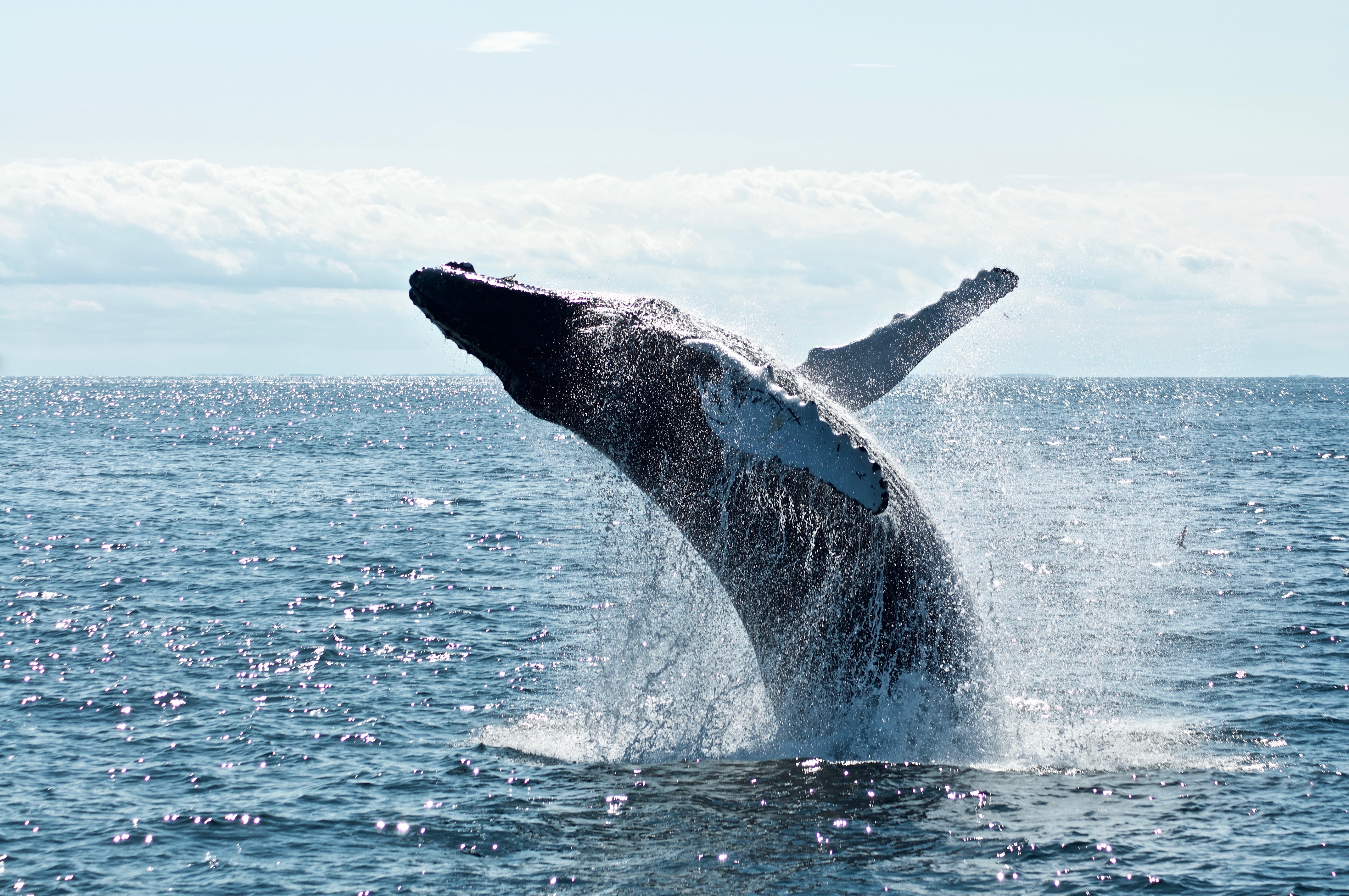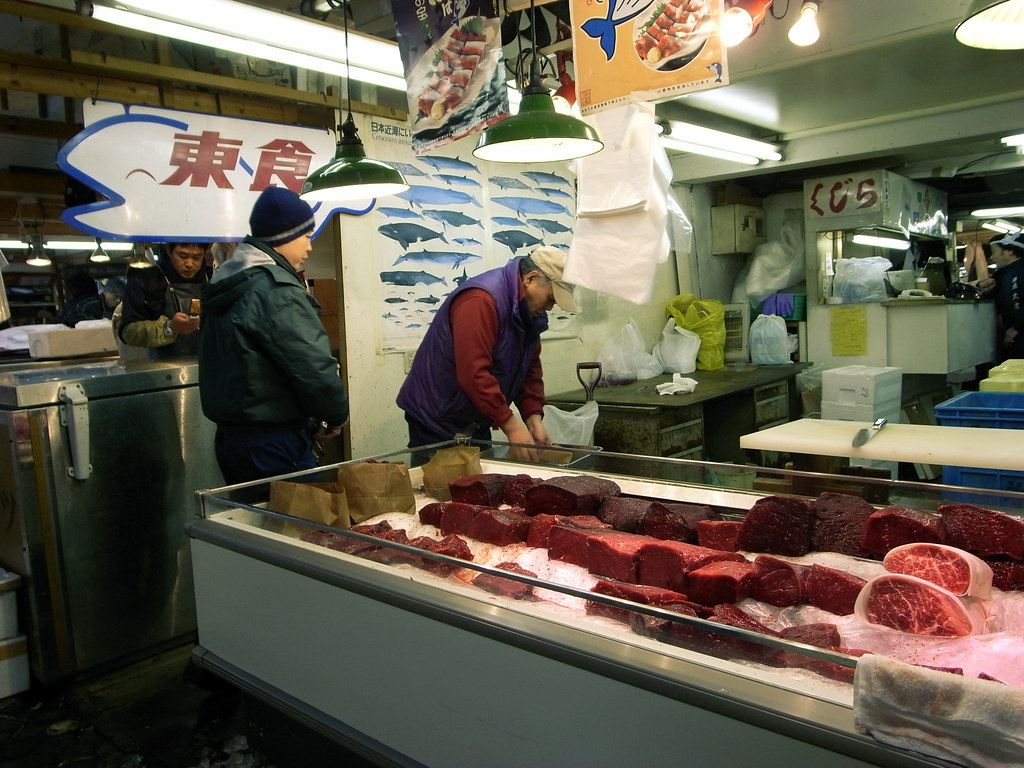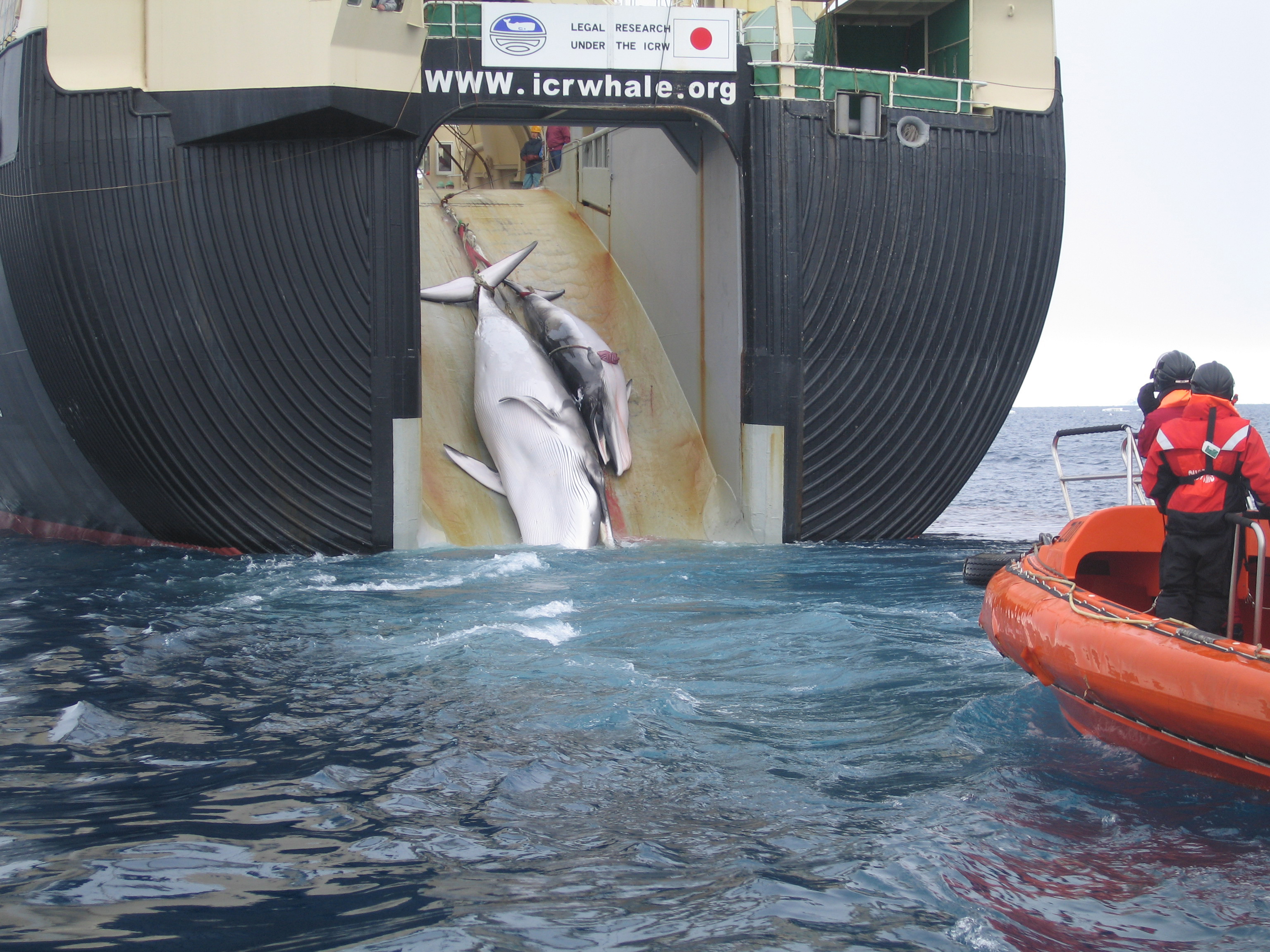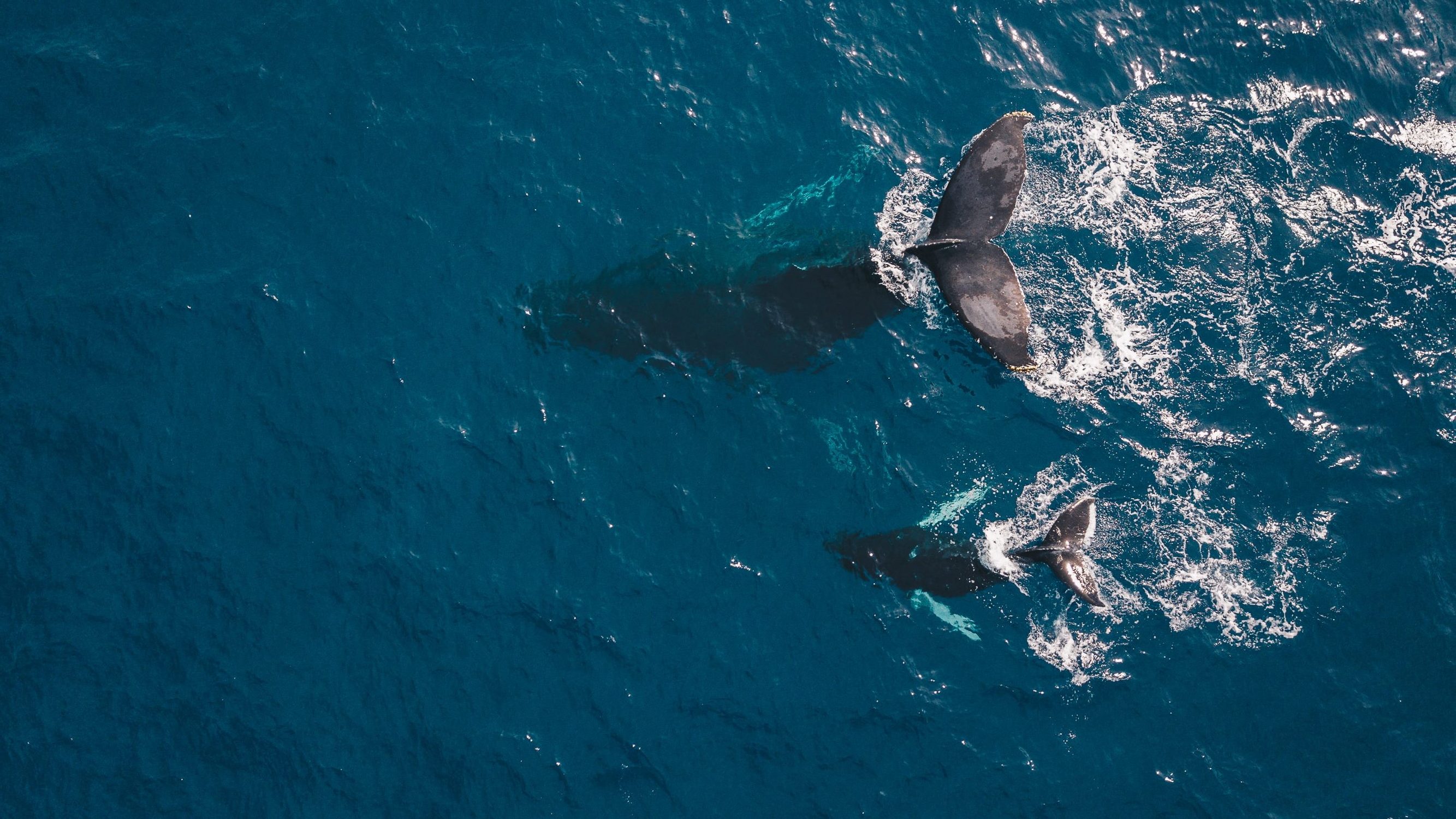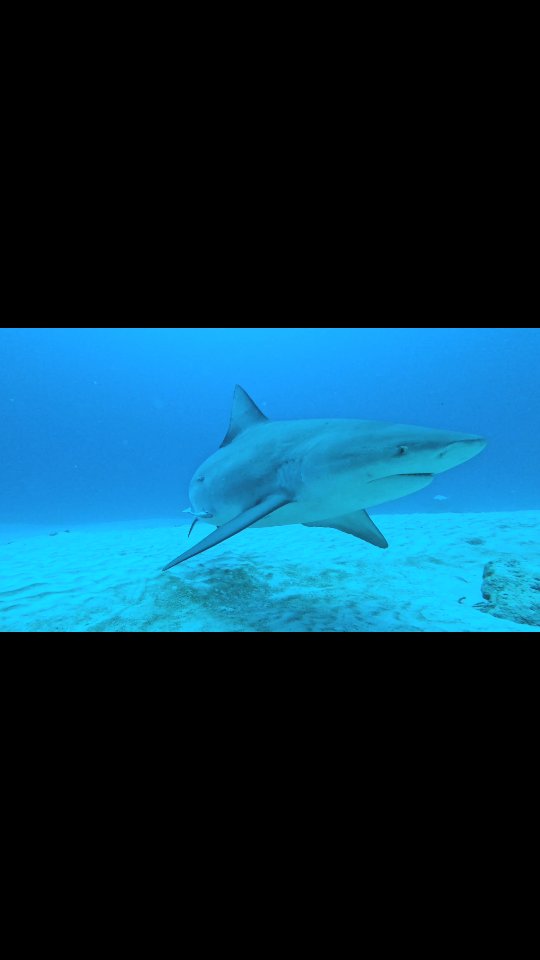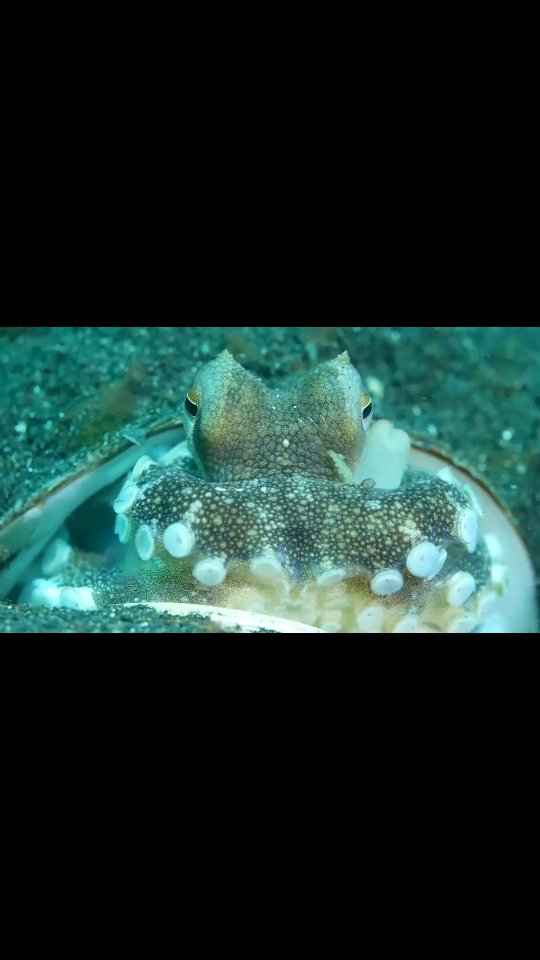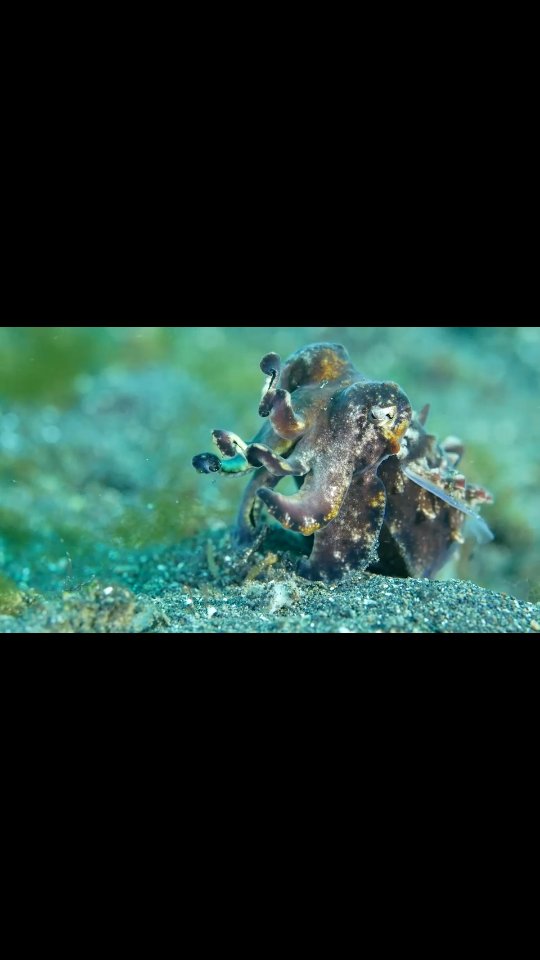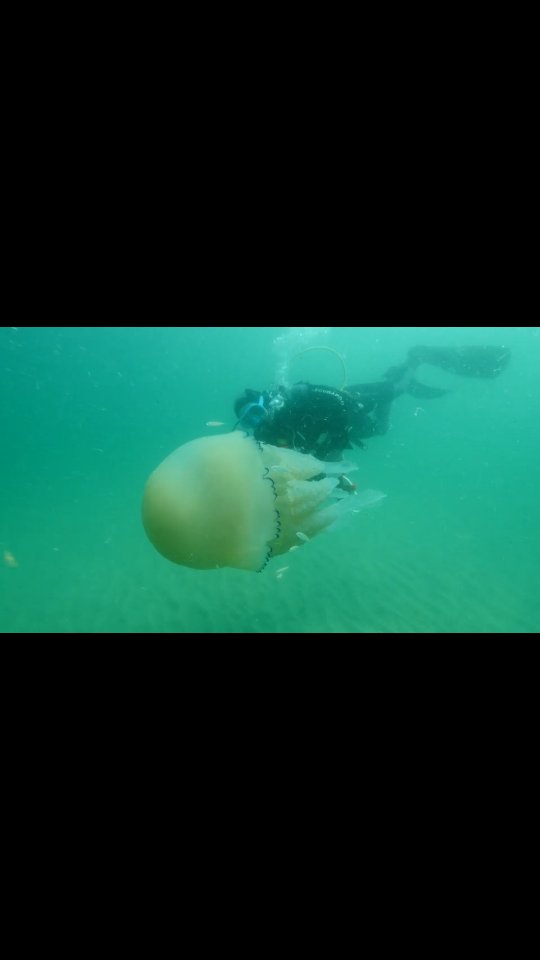This summer Japan made the decision to leave the International Whaling Commission (IWC) and allow its traders to resume commercial whale hunting in the 12 miles of ocean around its coastline, for the first time since 1986 [1]. This is considered a step backwards for environmental campaigners and non-whaling countries around the world.
Japan has still been practicing whale hunting since joining the IWC. This has been under the thinly veiled guise of ‘scientific research’ in the Antarctic and Pacific oceans, which has allowed the killing of between 200 and 1200 whales per year, the meat from these animals being sold on the open market [1].
What purpose does whaling serve in modern day Japan? After WW1 and 2, whale meat was an important source of protein for the population, since food was scarce. Clearly this is not the case in the present day, young people seldom eat or know how to cook whale meat. Only an average of 300 people are employed in the sector, which is financially supported by government funding [2], showing whaling could be more of a burden, rather than boosting the economy. Scientific techniques have vastly improved over the last 50 years, including the invention of so called ‘SnotBots’, which allow samples of mucus to be collected via drone, allowing for the analysis of hormones, DNA, viruses and bacteria, and toxins in an individual [3]. Scientific research does not require the mass killing of whales, especially when studying population size, as Japan claimed the killings are for. It could be for this reason Japan has left the IWC, its excuse for continued whaling becoming obsolete.
Many suggest that the leave is a blessing in disguise. The hunting area will be reduced, taking place only in Japan’s 12 mile economic exclusion zone, along with a quota reduction[4]. But even then, there are concerns over a unique community of minke whales called ‘J-stock’ inhabiting the waters of Japan that would now face increased pressure [5].
It is also widely believed that even with government subsidies supporting the industry, it is doomed to fail [2]. If the industry is a sinking ship, why not just cut losses and quit whilst ahead?
The refusal to cease commercial whaling highlights the belief that commercial whaling countries have a right to drag these intelligent and emotional creatures out of the ocean, even when there is no economic or survival benefit. This ‘right’ to the planets resources is the underlying cause of all environmental issues facing civilisation today.
Whales are highly intelligent and social animals which hold an incredibly important place in the ocean system and contribute to its delicate balance. It is in our best interest to conserve the whale population to promote ocean health, and ultimately our own survival. It is time to put planet before profit.
Sources:
[1] BBC news: https://www.bbc.com/news/world-asia-48592682
[2] New York Times: https://www.nytimes.com/2019/07/01/business/japan-commercial-whaling.html
[3] Ocean Alliance : https://shop.whale.org/pages/snotbot
[4] Foreign Policy: https://foreignpolicy.com/2019/02/07/japans-scientific-whaling-ruse-is-over/
[5] National Geographic: https://www.nationalgeographic.com/animals/2018/12/japan-considers-leaving-international-whaling-commission/
